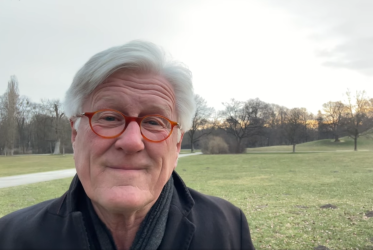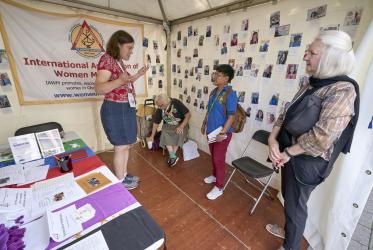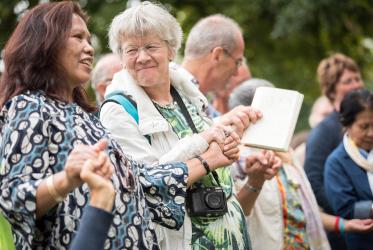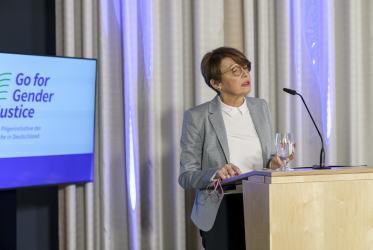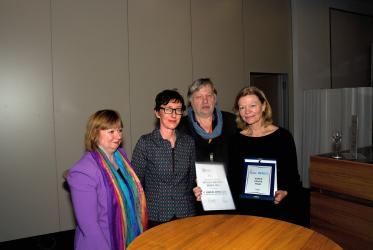Displaying 1 - 20 of 31
WCC moderator shares International Women’s Day message
08 March 2023
Dr Abuom reflects on women of faith as healers of creation
05 October 2021
Plans for 11th WCC Assembly build excitement across the globe
18 February 2020
WCC offers tribute to Marie Bassili Assaad
12 September 2018
#WCC70: Fellowship of women and men – with ups and downs
17 August 2018
A safe space for sinners to change and for pain to be shared
03 August 2017

